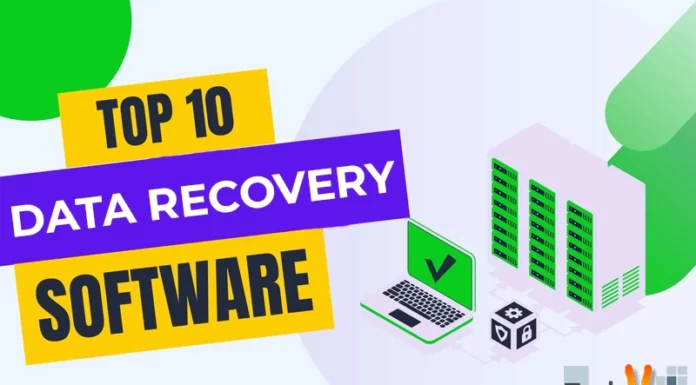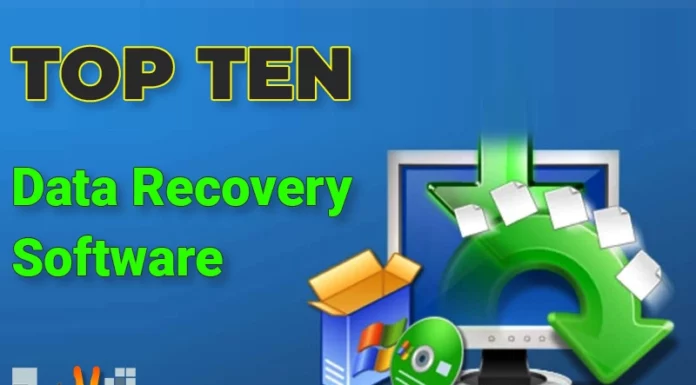Knowledge Sharing: The Importance of Project Managers
Some of my friends have suggested that I should share the experience and knowledge I have gained, through a blog. Some others suggested, I should write a book !! So here I am, putting it down.
I am sharing my learning on the importance of Project Management (PM) and need to develop a passion for it. My first learning on the need for PM came, when I saw a detailed MS Project schedule prepared by one of my good old colleagues in 1993. Trust me, till date, I haven’t come across any schedule which was so well structured, simple and effective. Those were the days when we were working on MS Project 2.1. Printing the schedule on a dot matrix printer took about 45 minutes. We had to do this, since we had an“ very knowledgeable” client, who understood and believed in Critical Path Management. My first review (thanks to my colleague, who was with me as part of his handover) with the client still lingers fresh in my memory and probably that is the reason, I still attach so much importance to having a good schedule.

The client started looking at the schedule and was quick to find out what was likely to go wrong and asked my colleague,to revisit the “Critical Path” to bring the slippage under control. Obviously I was in a blissful state of ignorance then, since I didn’t know what exactly they were speaking about. That was my first encounter with MS Project, although I had heard (and thought that I understood) and been using the term PERT/CPM without really understanding the practical usage. After being a mute spectator, I came out of the meeting and confessed to my friend/colleague that I was clueless since I had not used formal scheduling until then. I admitted that I didn’t understand what was being referred to as “Critical Path” and how it was arrived at. My good friend and colleague looked at me and quickly made me feel comfortable stating that it is not a big deal and I should be able to do that pretty fast. That was really very nice of him and gave me the confidence that I will be able to learn. He spent two full hours, walking me through the entire schedule (almost 250+ Activities) and how it was arrived at. Then he showed me, how simple it was to identify the CP and how to manage it. He then spent another 2 hours actually taking me through other important aspects of MS Project (in terms of creating customized tables, views). That is it….I was pumped up and raring to go. From then on, till date, I have really learnt several things in this arena and there is a lot more to learn.
The most significant aspect of my learning on this arena was the ability to differentiate between a “Project Plan” and“ Project Schedule”. Even today, I come across several leaders, Project Managers and Project Leaders who are unable to clearly articulate the difference. Some of the interesting responses that I have come across are….
- Project Plan is the Word Document and Project Schedule is an MPP
- Project Plan is a process, while Project Schedule is a plan created using MS Project.
- There is no difference!
- Project Plan is for Quality Personnel to look at during audits, while MPP is for PMs update dates.
While it may sound hilarious, it is really sad that there is such an ignorance which our IT world has accepted and we are living with it. I remember the good old days between 1993 and 2000, when most of my leaders attached so much importance to schedule, that one could not get away with having a schedule that did not reflect reality. I was very fortunate to use “Earned Value based Project Management” in those days itself, since the organization that I worked for believed in it and leaders effectively used it for managing projects. We also had equally knowledgeable clients, who would ask for such details.I feel very proud for having worked for such Leaders and Clients, who made me learn and use the knowledge in the right way at the right time.
Drawing up a schedule from Project Plan, Estimates requires special skills. Unless one understands the fundamentals of Project Management well, it is not possible to appreciate this. In one of my recent meetings, I heard one of the senior leaders mentioning that, Project Managers can only mark Projects Red, Amber or Green but cannot help in delivering projects since they are neither technically competent nor functionally competent. It was an irony to hear such comments from a senior leader who has grown to that stature, without any formal exposure to Project Management. His understanding of Project Management was that it is a set of “Quality Processes”, which is meant for people who don’t understand Application or Technology. I was dumb struck for a while and was reflecting on how such people can get away in this industry without understanding the basic principles of Project Management. The truth is that there are people, who “don’t understand” and there are others who “refuse to understand”. While the former can be corrected through mentoring, for the latter it is an attitude issue which cannot be salvaged. Upon further reflection, I felt the growth of IT industry in the last two decades (specially in India) has been so rapid that people were designated as PMs not because they were “right candidates” but only because they were the only ones “available”. Very few organizations (especially in India) understood the need for a disciplined Project Management Knowledge. The reason is pretty obvious from the fact that 80% of the projects in Indian IT companies are Staff/Resource Augmentation. The leaders for such projects needed skills related to either people management or invoice management. However if you look at the number of PMPs in India, we have far too many of them and even if they wish to apply some of their knowledge, there are serious constraints in doing so. Many organizations have got the PMP certifications for their employees to enhance sales pitch in the hope that they can move up the value chain.
When I was reflecting on why we have this situation today, I could think of only one thing, which was the capability of some of the senior leaders who have grown too fast and have never got an opportunity to use some of the fundamental concepts of Project Management in managing the projects. In many of the meetings I have attended (been attending),where several people participate to review project status asking….why do we have the risks open for so long? What is the mitigation plan? When is it likely to get closed et al…..but I have not seen many people asking “why is that a risk in the first place”? In most cases, people spend time in asking such questions for the sake of asking questions or to show that they are participating. When someone points this out,the Project Manager tends to get defensive and is quick to add that he was forced to have this listed as a risk because the “Quality Process” entails identification of “Risks”. It is really a matter of concern that we have such a situation and the organizations continues to live with such practices. The Passion for Project Management appears to be loosing its sheen and that is a pity !! More to come.

















